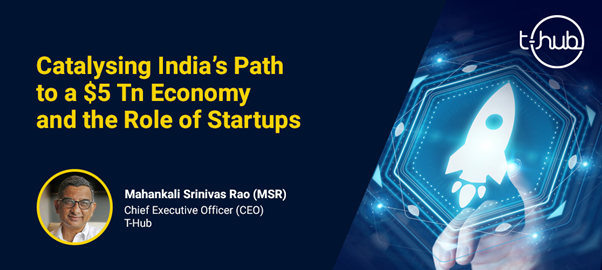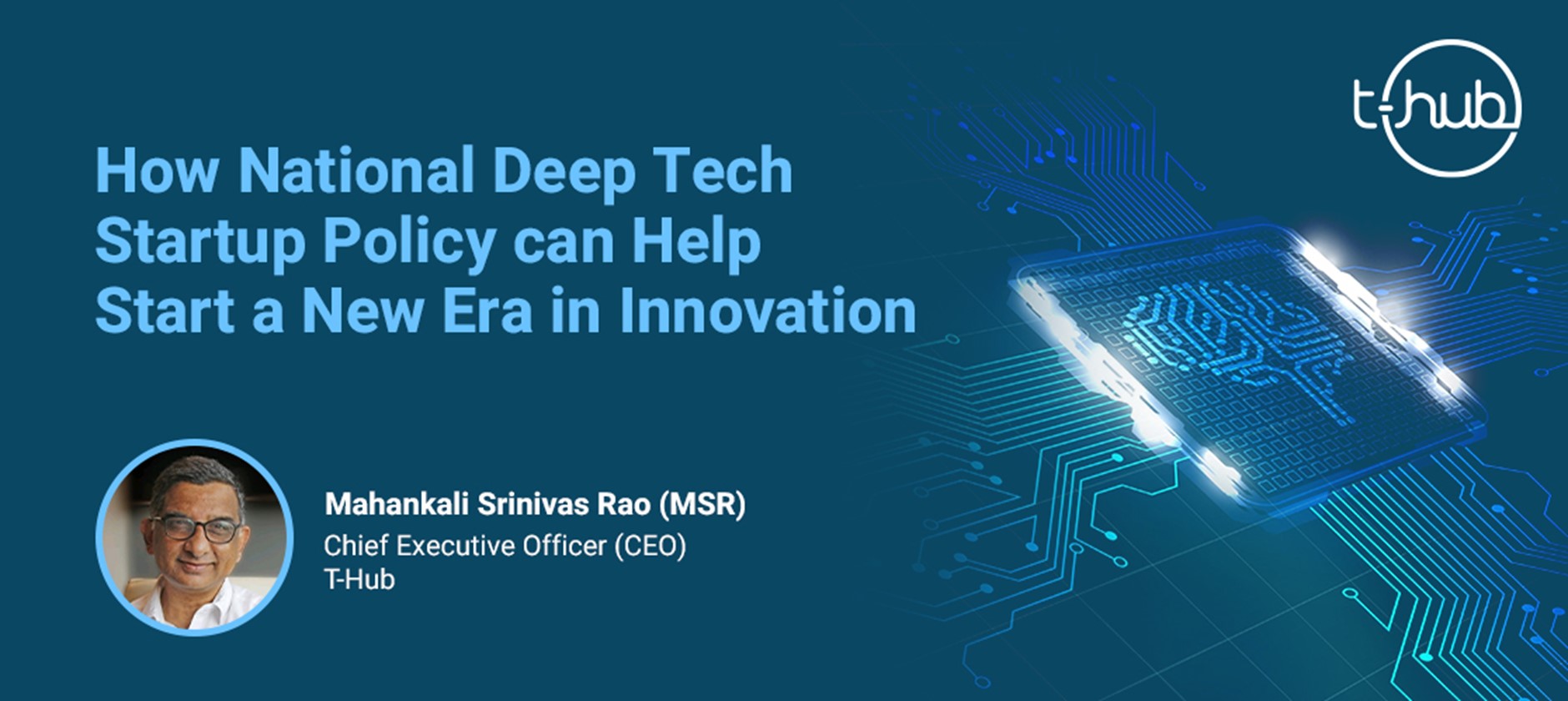In recent years, the global pursuit of quantum computing capabilities has intensified, driven by the potential to achieve unprecedented computational power and speed. The significance of this pursuit was underscored by the awarding of the 2022 Nobel Prize in Physics to quantum-entanglement pioneers Alain Aspect, John Clauser and Anton Zeilinger. This recognition further catalysed research into quantum technology, attracting substantial investments. Notably, public investments from the United States , the European Union and Canada reached USD 1.8 billion, USD 1.2 billion and USD 0.1 billion, respectively. In addition, globally, 1,589 Quantum Technology-related patents were granted in 2022, accompanied by the publication of 44,155 Quantum Technology-related papers. The global total annual QT startup investment also reached a new high of USD 2.35 billion in 2022, highlighting the growing momentum in this field.
In India, efforts to advance quantum computing research and development are gaining traction, with concerted involvement from both private and government stakeholders. A significant milestone was reached with the approval of the National Quantum Mission (NQM) by the Union Cabinet in April 2023. With a total outlay of USD 0.74 billion allocated for the period 2023-24 to 2030-31, the NQM signals a strategic commitment to fostering quantum innovation. While the development of complete computing strength in India is projected to takeup to a decade, the initiative underscores the country’s dedication to spearheading advancements in this transformative domain.
The Impact of Quantum Computing on AI
Traditional computing operates based on classical bits, representing information as either 0 or 1. However, quantum computing leverages quantum bits or
qubits, which can exist in superposition—simultaneously representing both 0 and 1—and entanglement, where the state of one qubit is dependent on the state of another. These properties enable quantum computers to perform certain calculations exponentially faster than traditional computers, unlocking new avenues for AI algorithms.
Asignificant role of quantum computing in redefining AI lies in its potential to revolutionise optimisation problems. Many AI tasks, such as machine learning model training and complex decision-making processes, boil down to optimisation challenges. Quantum computers excel at solving optimisation problems due to their ability to explore vast solution spaces efficiently. Quantum algorithms like quantum annealing and variational quantum eigensolver (VQE) offer promising approaches to address optimisation tasks that are beyond the reach of traditional computers, leading to more accurate and faster AI solutions.
Quantum computing holds the promise of enhancing AI capabilities in areas, such as pattern recognition, cryptography and natural language processing (NLP). Quantum machine learning algorithms, such as quantum support vector machines and quantum neural networks, can extract intricate patterns and correlations from massive datasets with unprecedented speed and accuracy. Moreover, quantum cryptography techniques, leveraging the principles of quantum entanglement, could bolster the security of AI systems by enabling unbreakable encryption methods. In NLP, quantum algorithms may facilitate a more nuanced understanding of human language and context, paving the way for smarter conversational agents and language translation tools. In essence, quantum computing is poised to revolutionise AI by unlocking new computational capabilities and accelerating progress across a wide array of applications.

The Promise of Transformation
At its core, quantum computing offers unparalleled computational capabilities, enabling faster algorithmic execution, enhanced machine learning and improved security protocols. The application of quantum computing with AI can transform industries across diverse sectors, ranging from life sciences to finance and beyond. In life sciences, quantum computing facilitates have accelerated drug discovery processes, automated radiological services and led to advancements in material sciences. These developments not only expedite scientific breakthroughs but also have profound implications for healthcare delivery and product innovation.Quantum computers can be used for Drug Discovery and Design model interactions between proteins, drugs and other molecules, potentially leading to more effective drug design and faster development.
manufacturing. The need for robust hardware infrastructure to support quantum computing initiatives underscores the importance of initiatives,
such as ‘Make in India’ and bolstering domestic manufacturing capabilities. Collaborative efforts between government agencies, academia and the private sector are essential to accelerate progress in this regard. By fostering an ecosystem conducive to innovation and entrepreneurship, India can forge ahead in quantum computing and AI-driven technologies.
strategic investments, India is poised to emerge as a powerhouse of innovation, driving economic growth and societal transformation through quantum computing- enabled AI solutions.








